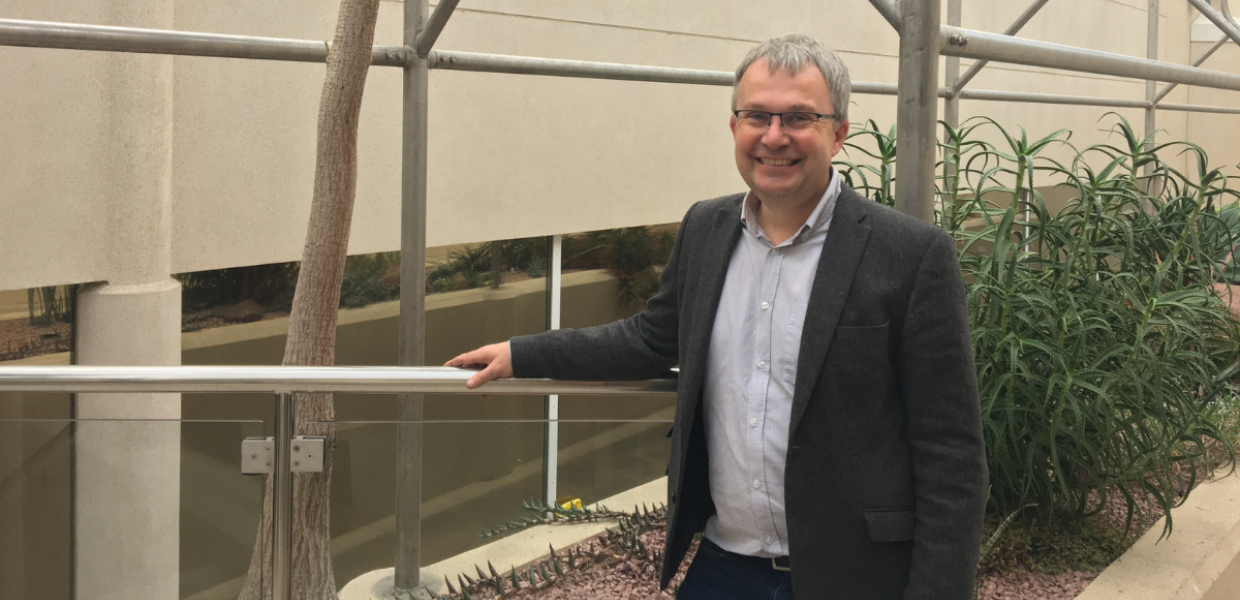About James
I started off as a botanist, but by the mid 1990s I was creating web pages and putting together thematic online directories of links to useful sites. These were the pre-Google days and it was all hand-crafted html, but if there's one thread that runs through all my work it has been helping people to find stuff and do interesting things on the internet! I ended up running the Kew Gardens website and working on some of their earliest digitisation projects. This also gave me my first taste of Europeana through the Open Up! project.
Meanwhile I had, through necessity, taught myself a bit of coding and started experimenting, developing projects based on openly licensed cultural heritage content on platforms such as Flickr Commons and then Europeana. This led me to a two-year job managing Europeana Labs and outreach to creative industries and developers, cementing my passion for doing novel, impactful things with open content.
What are you currently working on?
I am currently doing some freelance work and have a part-time role back at Kew Gardens enriching, structuring and analysing archival data in the research project Mobile Museum, which explores the historic movement of museum objects since the mid 19th century. This working arrangement does not please the bank manager, but it does give me the freedom to devote time to experimentation and creation, something I'd encourage everyone to do!
My biggest recent achievement was building the site A Street Near You, an online project exploring the local legacy of the First World War. It was born out of a frustration that no-one seemed to be truly capitalising on the data (much of it crowdsourced, but with some amazing institutional collections) that had been gathered during the centenary of the First World War. Intended purely as a quick demonstration of what I thought was possible, it's fair to say it went 'viral' - 240,000 people visited the site in the first three days after it launched in November 2018. The reactions, especially on social media, were truly humbling. The project still consumes far more of my time than I care to mention, as I feel there is so much more to do!
What are some of the challenges in your role? What are some of your favourite elements?
My instinctive answer to both questions is messy data! I'd also say that as I’ve got older, my tolerance for institutional inertia has decreased, but with that has come the fun of being something more of an adventurer and experimenter. I don't seem to have got into any real trouble, yet! My next big challenge is finding a new job after my contract ends in December.
What was your motivation for joining the Members Council?
It was only once I had worked at Europeana that I became aware of the fundamental role it has in the cultural heritage sector. It's easy to see it as just an aggregator and access point for content - a kind of specialised search engine - but actually it's the work it does in building networks and communities, setting best practice, and advocating change that gives it a unique place globally. Being in the Members Council feels like a way to support that and contribute to its ongoing success.
What do you plan to do as a Members Councillor?
I'd love to share my experiences and act as an advocate, trying in some small way to contribute to the ongoing success of the work that Europeana does. Specifically, I've joined the Impact Community and have very recently looked at applying the principles in the Impact Playbook to some of my own projects, which has proved a fascinating way to understand and communicate more about their achievements.



